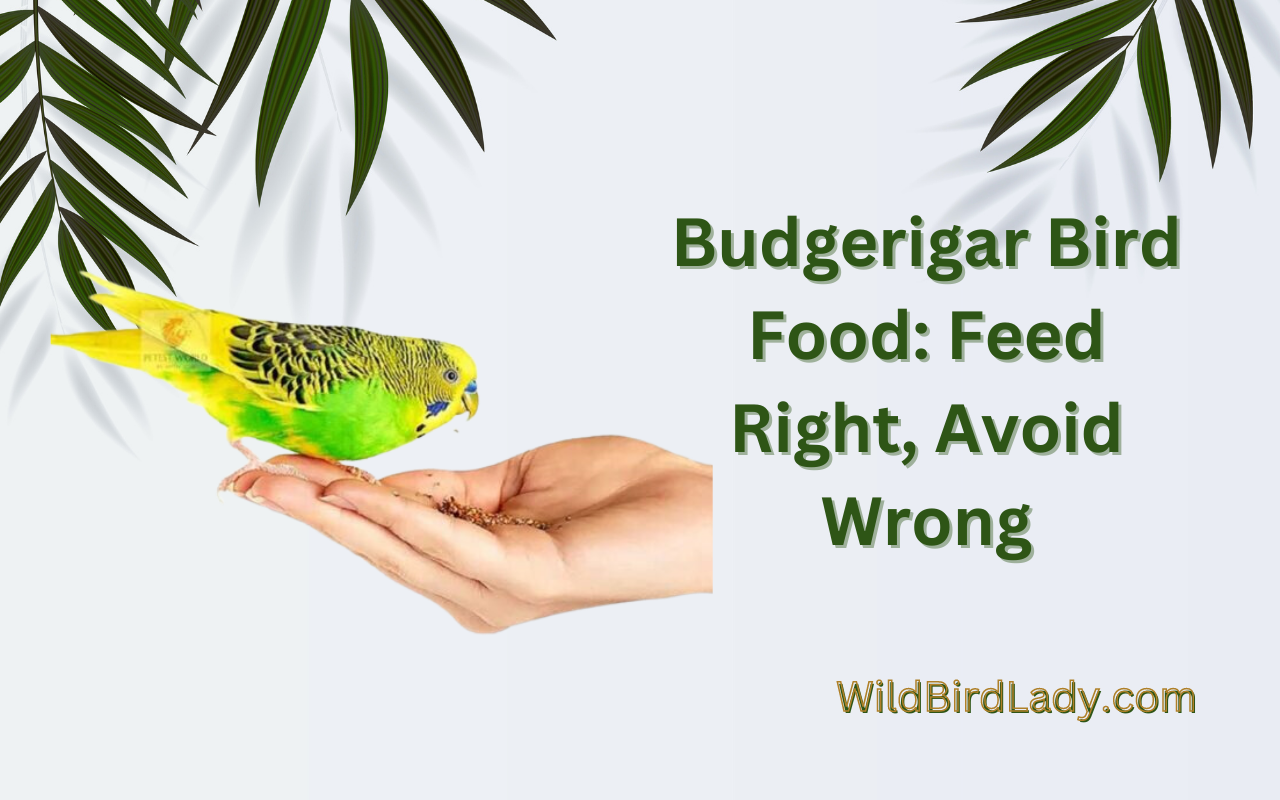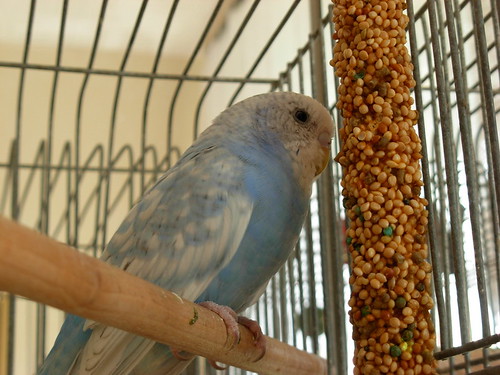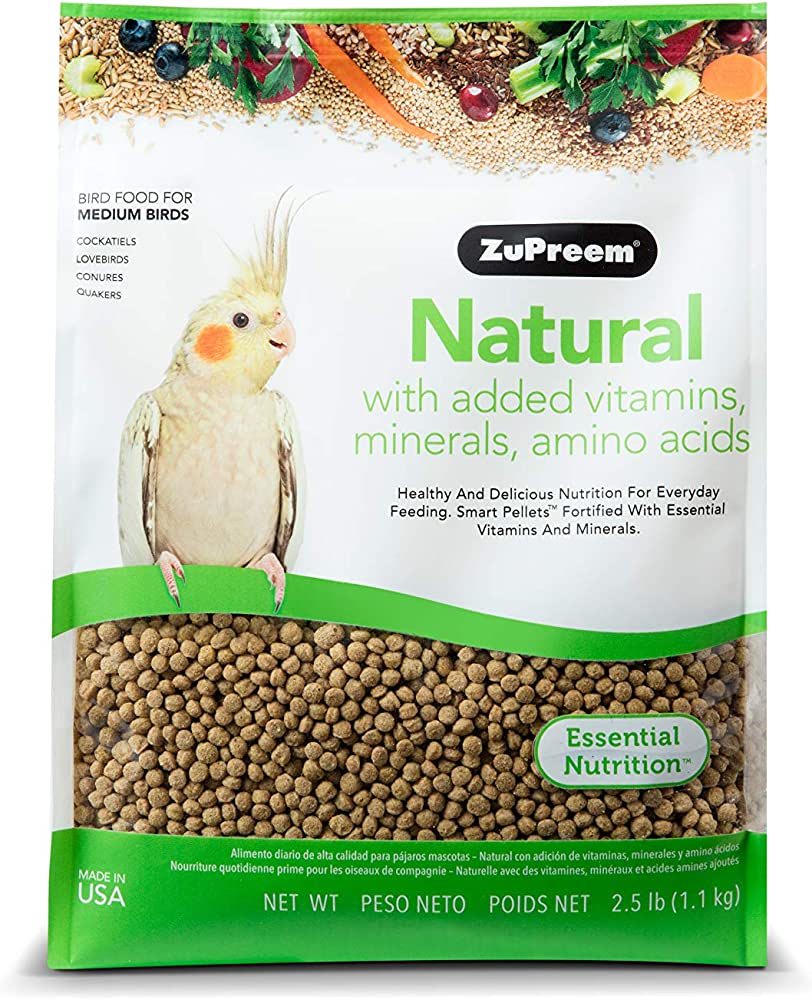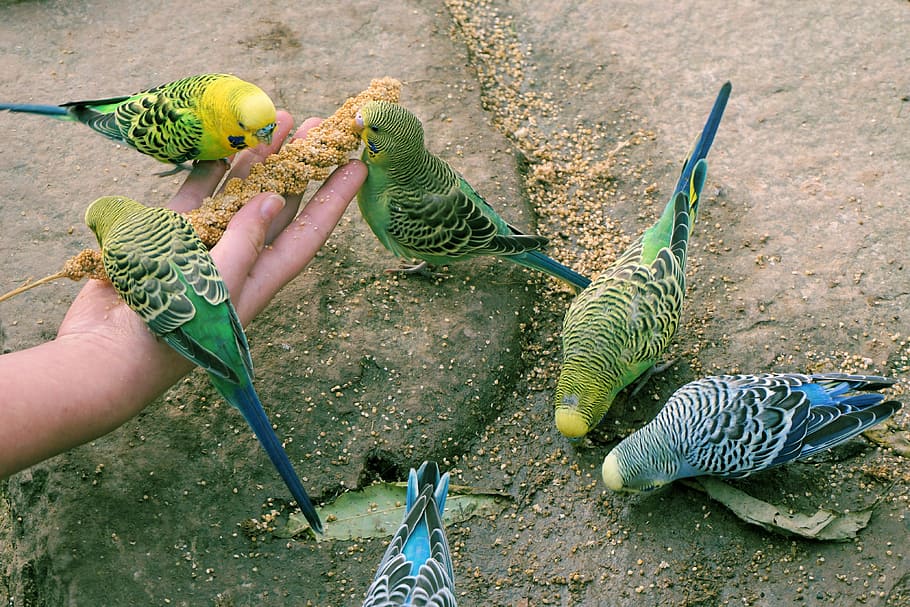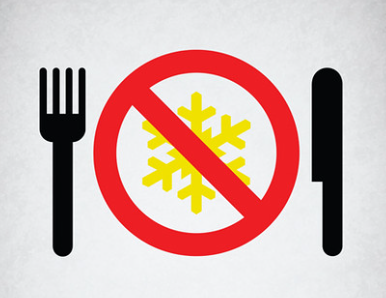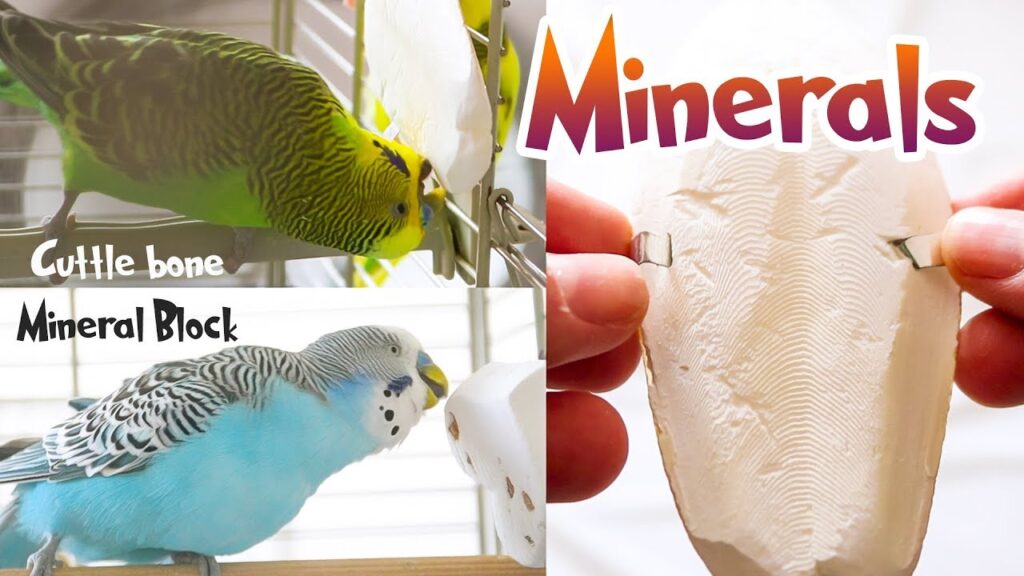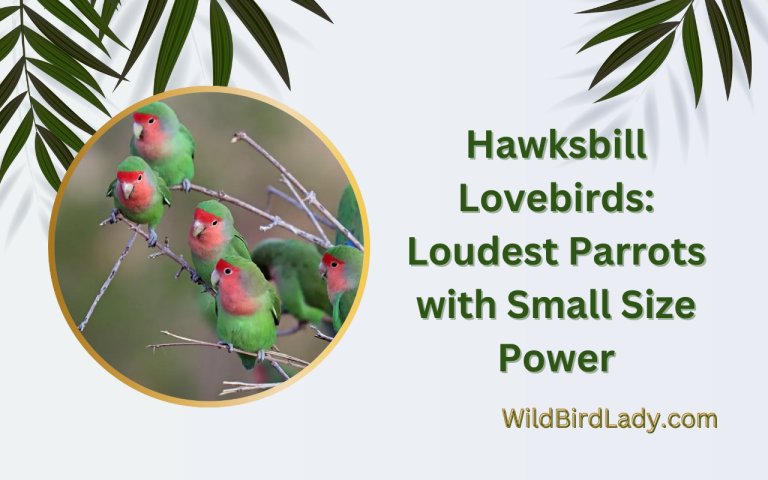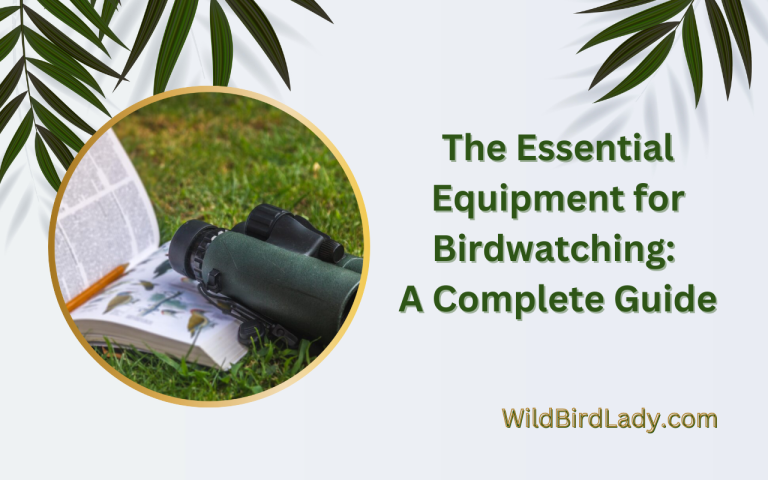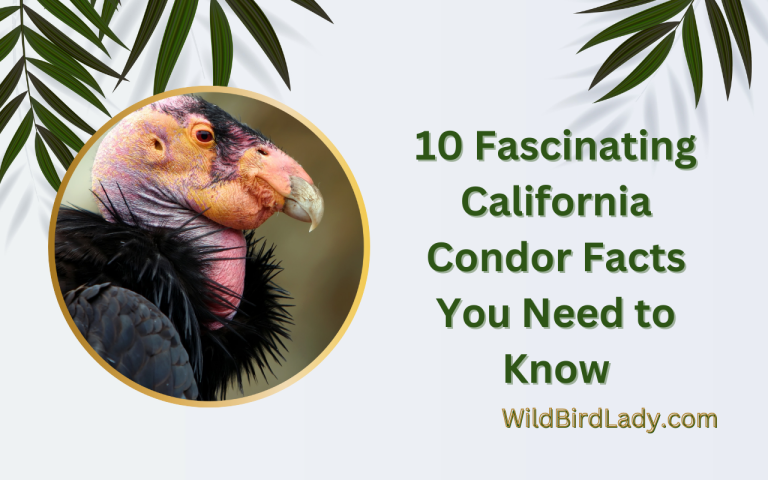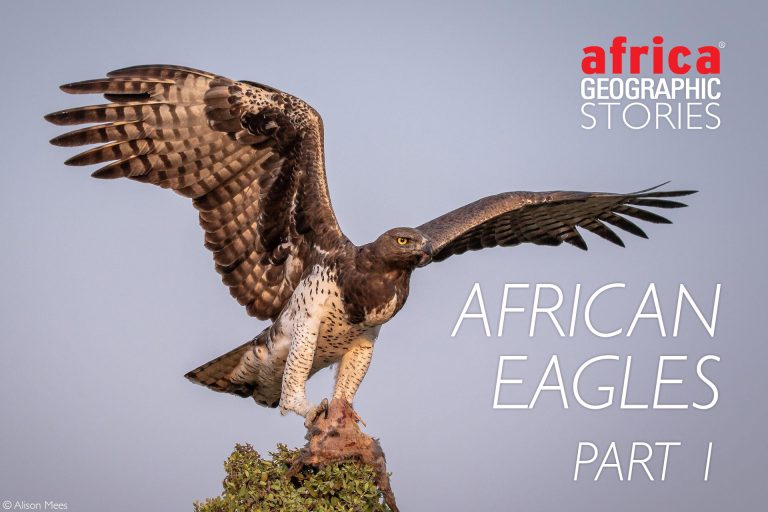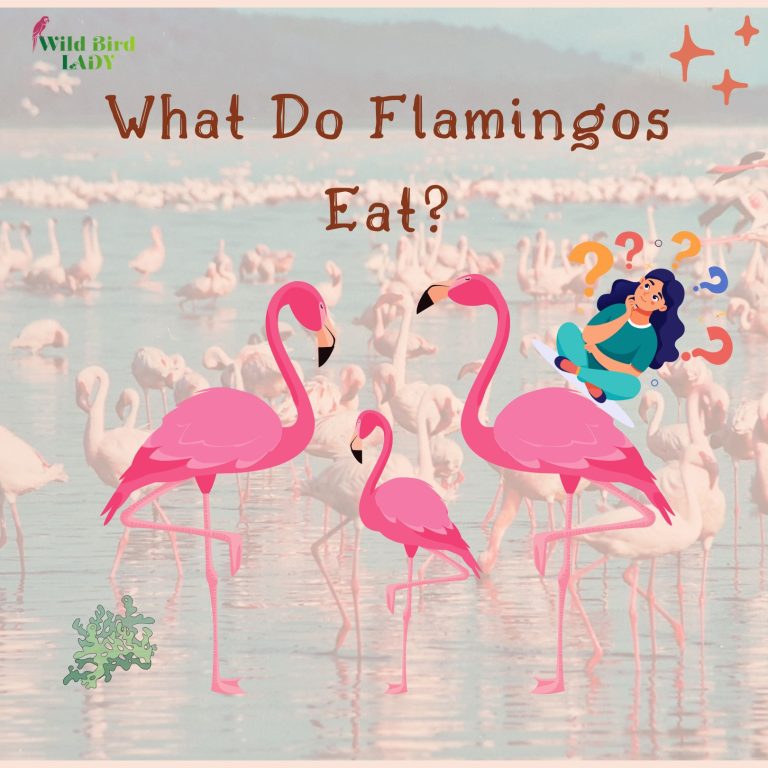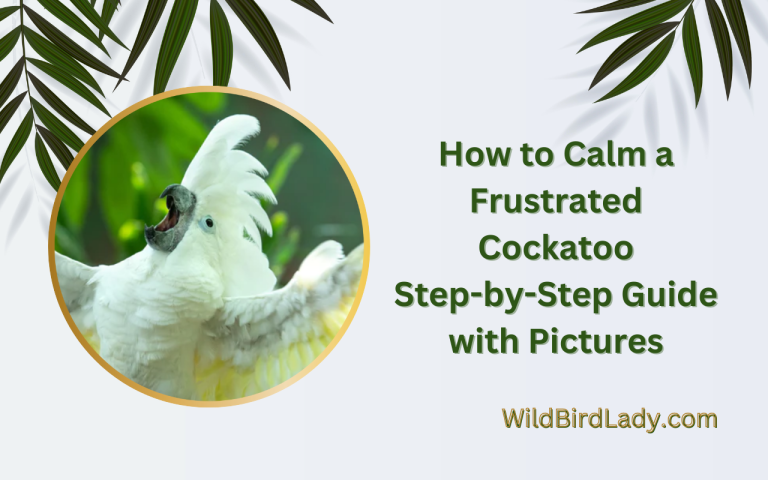Budgerigar Bird Food: Feed Right, Avoid Wrong
Budgerigar birds are best fed with a variety of foods including pellets, seeds, fresh fruits, and vegetables. However, there are several types of foods to avoid including processed and high-fat foods.
Are you tired of your budgie giving you a cold beak?
It’s time to crack the code to their feathered heart—through their stomach!
This article spills the seeds on the ultimate budgerigar bird food guide. We’ve got everything covered, from the finest grains to the crunchiest treats. Prepare to chirp with delight as we reveal the short answer to all your avian culinary queries.
So, wing your way through this article and prepare to become your feathered friend’s top chef!
A Healthy Diet For Budgerigar Birds
Budgerigar birds, commonly referred to as budgies, are popular pets known for their intelligence and entertaining personalities. To ensure that they remain happy and healthy, it’s essential to feed them a well-balanced diet of nutritious food. In this blog post, we’ll focus on the natural diet composition and nutritional requirements of budgies, and how to provide them with a healthy and balanced diet.
Natural Diet Composition Of Budgerigar Birds
Budgies, like many other birds, have a natural diet composed of seeds, fruits, vegetables, and insects. In the wild, their diet would consist mainly of grass seeds, weed seeds, and sprouted seeds.
- High-quality pellet food: Pellets are a staple food for budgies and can provide them with complete nutrition.
- Seeds: A seed-based diet is still a significant part of budgies’ food, but it should be only 10-20% of their diet, as it’s high in fat.
- Vegetables: Fresh vegetables like kale, broccoli, carrots, and spinach provide essential vitamins and minerals.
- Fruits: Fruits like apples, bananas, and pears contain essential nutrients and can also make a tasty treat for your bird.
- Insects: Mealworms and crickets can be provided as a treat and can mimic the insect diet of budgies in the wild.
Nutritional Requirements Of Budgerigar Birds
Budgies require a well-balanced diet to obtain important vitamins, minerals, and nutrients.
- Protein: Budgies need about 12-18% protein in their daily diet, as it helps with their growth and repair of body tissues.
- Carbohydrates: Complex carbohydrates, such as those found in vegetables and fruits, are necessary for energy.
- Fat: Budgies require a small amount of fat in their diet, but too much can lead to health problems, such as obesity.
- Vitamins and minerals: Budgies need a variety of vitamins and minerals, such as calcium, vitamin d, and iron.
How To Provide A Balanced And Healthy Diet
It’s crucial to provide budgies with a balanced and healthy diet to ensure a happy and healthy life.
- Provide a variety of foods: Offer your budgies a mix of pellets, seeds, vegetables, fruits, and insects to ensure that they are eating a well-balanced diet.
- Limit seed intake: Seeds are high in fat, so make sure they are only 10-20% of your bird’s diet.
- Offer fresh food: To avoid spoiling, remove uneaten fresh food from your bird’s cage after a few hours.
- Provide clean water: Clean your bird’s water bowl daily and replace the water twice daily.
- Avoid toxic or harmful foods: Some foods, such as avocado, chocolate, and caffeine, can be toxic to budgies. So avoid offering them these types of food.
- Do not overfeed: Offer food in small amounts twice a day, to avoid overfeeding.
Providing your budgies with a well-balanced and healthy diet will help them lead a happy and healthy life. By following the tips outlined above, you can ensure that your feathered friend receives all the necessary nutrients they need in their daily diet.
Foods To Avoid
Budgerigars birds are adorable and lively feathered friends that require proper care, attention and a well-balanced diet for their good health and wellbeing. Providing them with a healthy and nutritious diet is essential. However, it is equally important to know which foods to avoid.
Feeding your feathered friends with harmful or toxic substances can cause significant damage to their health and even result in death. In this section, we’ll discuss harmful foods and toxic substances that should be avoided when feeding budgerigar birds.
Harmful Foods For Budgerigar Birds
Here are some foods that are harmful and should be avoided when feeding budgerigar birds.
- Avocado: It contains persin, a toxin that can be deadly to birds.
- Chocolate: Chocolate contains caffeine and theobromine, both of which are harmful to budgerigar birds.
- Caffeine and alcohol: These substances are poisonous for budgerigar birds and can cause rapid heartbeat, seizures, and death.
- Rhubarb: The leaves and stems of the rhubarb plant are toxic to budgerigar birds and can cause kidney and digestive issues.
- Fruit seeds, pits, and apple seeds: These contain cyanide, which is toxic to budgerigar birds.
- Junk food and processed food: These can lead to severe health issues such as obesity and digestive problems.
Toxic Substances For Budgerigar Birds
Here are some other substances that can be toxic for budgerigar birds.
- Nicotine: Tobacco products can cause lung diseases and other respiratory infections in budgerigar birds. So it’s advisable to avoid smoking around your feathered friends.
- Carbon monoxide: This odorless gas can be deadly for budgerigar birds.
- Lead and zinc: Lead and zinc can be found in old paint and some metal toys, and they are both toxic to budgerigar birds, causing digestive and respiratory problems.
Potential Dangers Of An Unbalanced Diet
Providing a budgerigar bird with a balanced and nutritious diet is necessary to maintain their health and wellbeing. An unbalanced diet can lead to various health issues such as a lack of essential vitamins and minerals, malnutrition and obesity. To keep your feathered friend healthy, you should also avoid feeding them too many treats, giving them unrestricted access to high-fat foods, or feeding them only one type of food.
To conclude, it’s vital to be aware of the foods and substances that are harmful to budgerigar birds and to make sure they have a well-balanced diet. By following these guidelines, you can ensure your feathered friend stays healthy and happy.
Common Food-Related Issues
Budgerigars are delightful little companions, and a significant part of caring for them is ensuring that they receive a well-balanced diet. While feeding your budgerigar a varied assortment of foods is crucial to maintain their overall health, several common food-related issues can arise.
Overfeeding And Obesity
Overfeeding and obesity are two common problems that can affect budgerigars. It’s essential to monitor their food intake and make sure they receive balanced meals. Overfeeding in budgerigars can lead to the development of fatty liver disease and other health issues.
- Measure food portions carefully to avoid overfeeding.
- Incorporate a variety of fruits, vegetables, and seeds in their diet.
- Increase your pet bird’s activity levels by providing toys and swings.
Underfeeding And Malnutrition
On the other hand, underfeeding budgerigars can lead to malnutrition and weakness. It is vital to ensure that your pet bird receives proper nourishment and the essential nutrients needed to thrive.
- Incorporate a variety of fresh fruits and vegetables rich in vitamins and minerals.
- Provide a quality seed mix that includes various types of seeds and nuts.
- Offer cuttlebone or mineral blocks containing essential minerals such as calcium.
Digestive Problems
Digestive problems can also be a concern in budgerigars, and issues such as diarrhea, vomiting, and gas can arise from feeding your pet bird the wrong foods.
- Do not feed your budgerigar avocado, chocolate, caffeine, alcohol, or any other human foods that are toxic to birds.
- Do not feed your budgerigar spoiled or moldy food.
- Offer leafy greens containing fiber, which helps with digestion.
Beak And Feather Problems
Budgerigars are susceptible to beak and feather problems that can be caused by malnutrition or poor diet.
- Ensure that your pet budgerigar is receiving a balanced diet that includes essential vitamins and minerals.
- Provide a cuttlebone or mineral block containing minerals such as calcium, which is crucial for healthy beak and feather growth.
- Monitor your pet’s beak and feather growth, and seek advice from a veterinarian if you observe any abnormalities or issues.
Maintaining a healthy and balanced diet for your budgerigar is critical to their overall health and well-being. While several common food-related issues can arise, monitoring their food intake and incorporating a varied assortment of fruits, vegetables, and seeds can help avoid these issues.
Frequently Asked Questions Of Budgerigar Bird Food: What To Feed And What To Avoid
What Should I Feed My Budgerigar Bird?
Budgerigar birds are omnivores, so the ideal diet should consist of seeds, grains, vegetables, fruits, and proteins like boiled eggs or chicken.
Can I Feed My Budgerigar Bird Avocado?
No, it is not safe to feed avocados to your budgerigar bird. They are poisonous to birds and can cause heart problems, respiratory issues, and even death if consumed in large quantities.
Is It Okay To Give My Budgerigar Bird Chocolate?
Avoid giving chocolate to your budgerigar bird as it contains caffeine and theobromine, which can cause seizures, hyperactivity, digestive issues, and even death in birds.
Can Budgerigar Birds Eat Fruits And Vegetables?
Yes, budgerigar birds can eat a variety of fruits and vegetables like apples, berries, carrots, broccoli, and leafy greens. These foods provide essential vitamins and minerals for your bird’s health.
How Often Should I Change My Budgerigar Bird’s Food Bowl?
It is recommended to change your budgerigar bird’s food bowl daily to ensure they have fresh food and water available. This also helps prevent the growth of harmful bacteria in their food.
Key Takeaways
The health of your budgerigar depends on the type of food it consumes. Feeding your bird with wholesome and fresh ingredients is essential for its overall nutrition. Make sure to avoid foods that are harmful to your bird’s health, such as avocado, chocolate plants, or caffeine.
Shifting your bird’s focus to fresh fruits, veggies, grains, and seeds will make it more excited to eat and lead to a healthier lifestyle. Learning about the nutritional needs and food preferences of your bird is key to maintaining its well-being.
As a budgerigar owner, you play a significant role in your bird’s life and should take the responsibility of offering a balanced and quality diet for your pet. By following the right food habits and enriching your bird’s daily routine, you can guarantee that your budgerigar will live a long and happy life.

